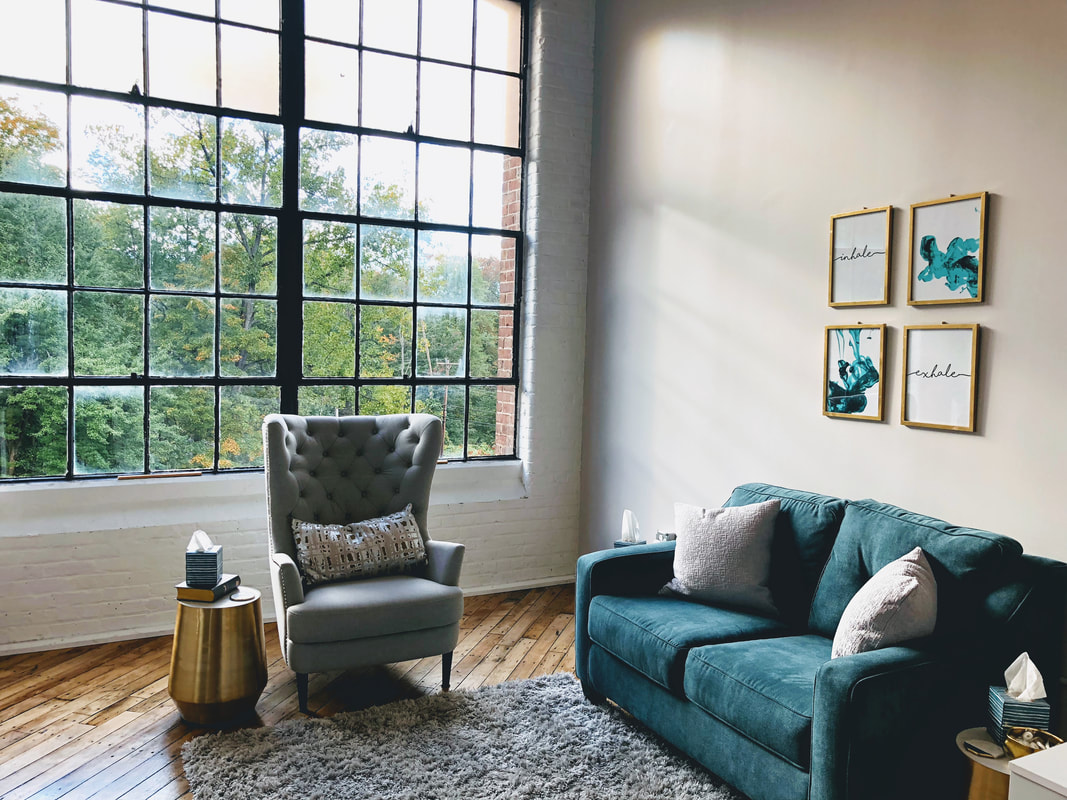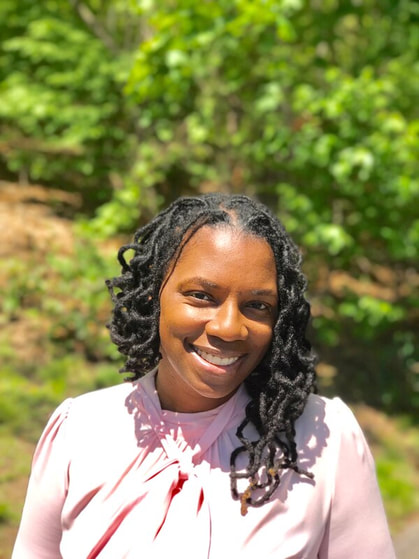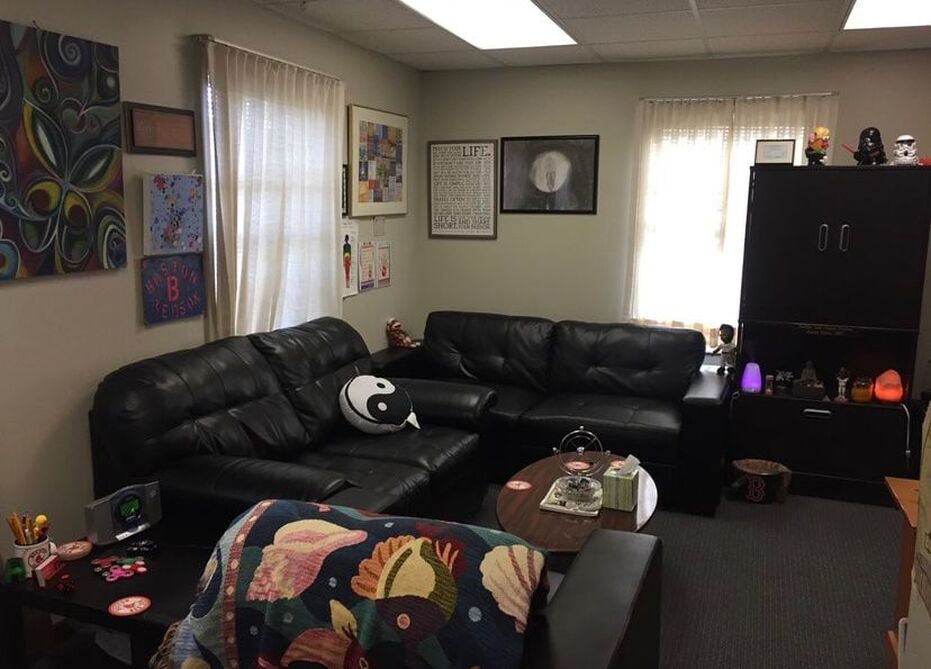|
Break Free Center for Wellness in Manchester, CT By Rode Bataille “You don’t wait until your car breaks down to get an oil change, by then it is too late. But we treat our mental health that way. If anybody deserves the gift of therapy, it is us,” explained Sharron Riley-Seymour, a licensed counselor at Break Free Center for Wellness located in Manchester, Connecticut. According to SAMHSA’s 2018 National Survey on Drug Use and Health, “Sixteen percent (4.8 million) of Black and African American people reported having a mental illness, and 22.4 percent of those (1.1 million people) reported a serious mental illness over the past year.” The challenges of stigma make this statistic even more daunting. Mental Health America explains that “historical adversity, which includes slavery, sharecropping, and race-based exclusion from health, educational, social, and economic resources translates into socioeconomic disparities experienced by Black and African American people today.” Socioeconomic status, in turn, is linked to mental health: People who are impoverished, homeless, incarcerated, or have substance use problems are at higher risk for poor mental health. How is it that Black communities suffer at a 20 percent increased rate of mental health setbacks than any other racial group, yet they are one of the racial groups least likely to seek therapy? Disparities fuel the combination of mistrust and access to information about mental health and counseling, which lead to hesitancies around pursuing help for issues around generational trauma, depression, anxiety and other struggles. The percentage of counselors who identify as Black and who can alleviate mistrust, is small. Along with Riley-Seymour, Hasson Stavis and Yanique Grant are part of that small circle of professional Black therapists in Connecticut. Stavis is a licensed marriage and family therapist at HealThy Soul Clinical Services in Glastonbury and New Britain, Connecticut, and Grant is a licensed clinical social worker and is a clinician/psychotherapist at Courage to Be in Bloomfield, Connecticut. Riley-Seymour wants Black individuals to know they are needed and that there is no limit to their potential in pursuing a mental health profession. There is a critical need for supporting communities who need a therapist that looks like them and embraces them wholeheartedly. Stavis knew since he was 7 years old that being a healer was his calling. He decided to be a therapist earlier on and began working in the mental health field while in college, where he completed a co-op at Saint Francis Behavioral Care in Portland. “Healing from trauma takes time and this might extend beyond the time the trauma itself occurred. Helping clients of color and clients in general heal from their traumas and generations pasts allows the client to truly evolve with a greater sense of purpose and being.” - Hasson Stavis, LMFT HealThy Soul Services Grant shared that she chose to pursue a career as a mental health professional because she loves helping people “get to the bottom of who they are, how to manage their stress, and to be that person helping others through their journey.” According to her, she believes every therapist gets into therapy a little bit for themselves, too. Grant, Riley-Smith and Stavis are all working to help break the stigma that holds many Black individuals back from receiving mental health support. “Normalize therapy as much as you can,” said Grant. A first step is to seek therapy by simply browsing online listings—like on PsychologyToday.com or ShopBlackCT.com—to see which therapists are available, reading through profiles and seeing if there is a connection with any through a consultation. “Consultation is a great entry into therapy to see if you mesh with the therapist,” explained Grant. And, therapists offer a variety of different treatment methods, which can be a helpful deciding factor. Stavis’s practice focuses on getting clients to the point where they need without leading or providing them with a direct solution. He allows the solution to organically surface so that clients can own their outcomes for themselves. This practice has a foundation in Internal Family Systems and a few trauma modalities. Riley-Seymour specializes in Eye Movement and Desensitization Reprocessing (EMDR). “It’s traditionally thought of as a trauma therapeutic model,” she explained. “But it also looks at cognition, our thoughts and core beliefs we have about ourselves, our emotions and body sensations and how these are all interconnected.” Stavis and Riley-Seymour have noted patterns between clients who also identify as Black. “Transgenerational trauma and pain go back a lot farther for my Black clients because on top of individual trauma, there are also 400 years of trauma and abuse that they may have to address from slavery,” shared Stavis. “Healing from trauma takes time and this might extend beyond the time the trauma itself occurred. Helping clients of color and clients in general heal from their traumas and generations pasts allows the client to truly evolve with a greater sense of purpose and being.” Black clients tend to have patterns and core beliefs of feeling undeserving, in addition to dealing with a high rate of imposter syndrome, anxiety, negative internal dialogue, and more. “Many of my Black clients feel as if they are unable to accept awareness, ownership, and acknowledgment of what has happened to them as a collective people as well as their individual experiences of being black in America,” explained Riley-Seymour. It is extraordinarily powerful how Black mental health professionals combat racism, racial inequality, and eradicating the broken line between black communities and therapy. “It’s hard being a human and it’s okay to heal; I think it’s important for clients to understand this,” encouraged Stavis. “Waking up every morning in this skin, feeling good about who I am, and feeling good about what I do, is an act of resistance,” shared Riley-Seymour. “That is the work—when I show up for clients, the greatest gift that I can give is strengthening them so they can do what they need to do. We are in a society and we are in a culture that has been designed systematically to tear us down.” Pushing to destigmatize seeking mental health support in the Black community is a necessity. In the end, changing the narrative will help those who need it most. “There’s a huge deficit in the way society portrays people of color, which is [the belief] that you can go but so far,” said Grant. “contribution is to break down that barrier because it’s a fake narrative and you can absolutely change that narrative and you can go so much further than what society is telling you.” “Whatever you put your mind to, you are capable of,” added Riley-Seymour. “You have the same amount of time in a day as Oprah, and as anyone else you look up to. All that they can accomplish in their day, so can you—so own your moments. Make and manage choices that include self-love.” BROWSE THE SHOPBLACKCT.COM DIRECTORY:
0 Comments
Leave a Reply. |





 RSS Feed
RSS Feed